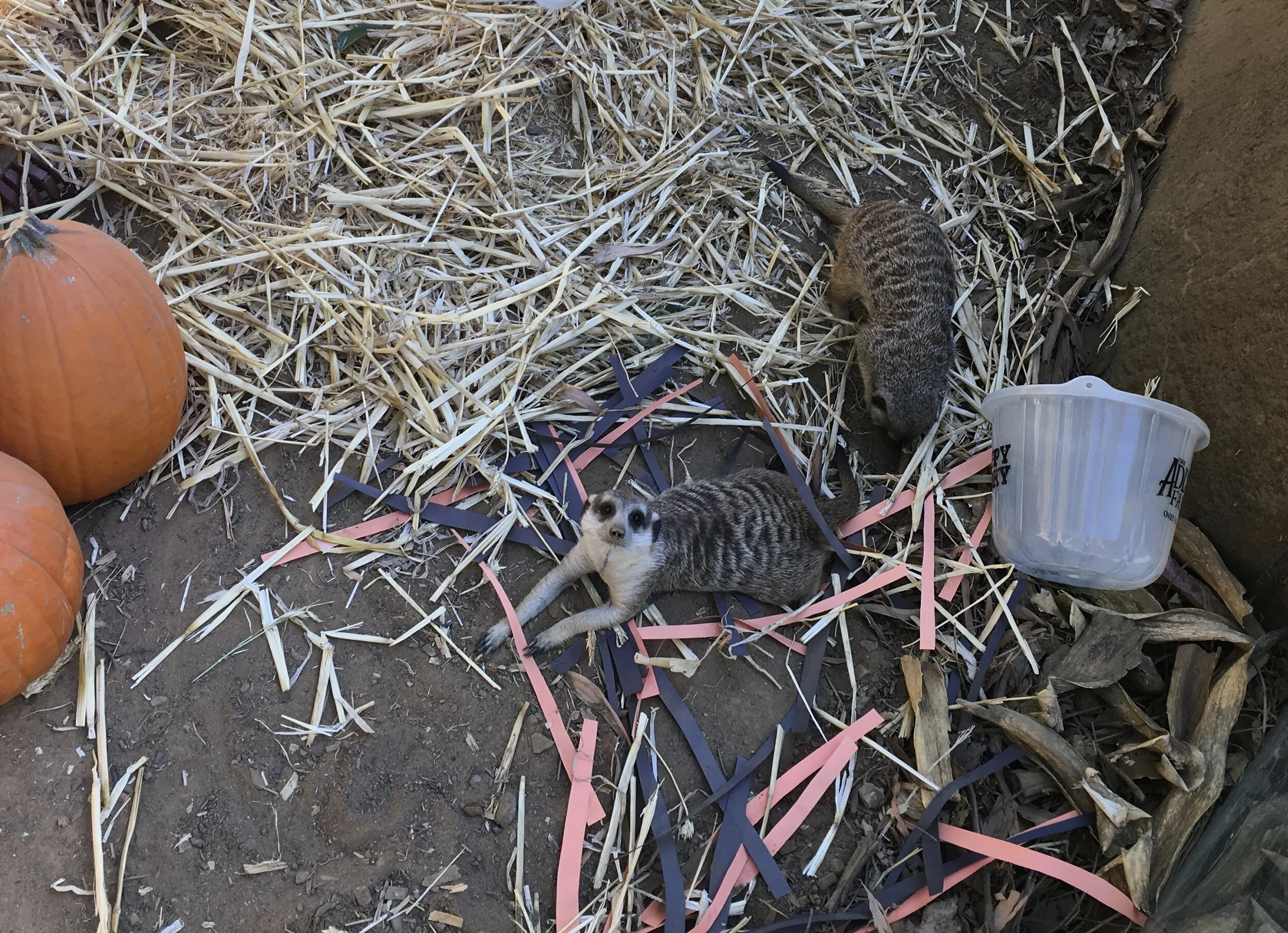Animal training as a way of improving lives
Controversial point of view or simply difference of opinion?
I would like to share my point of view that might be drastically different from other people’s point of view. I didn’t fully understand it before I got accused of not loving animals. We only had a difference of opinion but that might get us to the extreme of judgment and not listening to one another. Therefore, I want to share my opinion without forcing it on anyone. My opinion doesn’t have to be right for you just like your opinion doesn’t have to be right for me. And I would love to hear your point of view! Please don’t hesitate to share.
What do I think about keeping animals in the zoo?
I don’t like keeping animals in captivity just for our amusement. I’m absolutely against catching wild animals and selling them to facilities that will be making money from them! It became illegal in many places so we are starting to see a shift. The problem is, just by being against keeping animals in captivity, you won’t change the lives of animals that are already there. Many animals born in captivity have little to no chance to survive in the wild. Many of them are endangered species that we keep a gene pool for. They become ambassadors for their wild cousins.
Facilities that take good care of their animals provide daily enrichment and husbandry training which is shown to significantly decrease stress level of those animals[1]. And I fully support them. They also provide an educational experience to their visitors. It’s after hearing inspiring talks that many people start to actively think about ways of helping endangered species. Before that, it’s just another problem on the Planet. “It doesn’t involve me. It’s for other people to worry about.” one might say. And what is a better way to inspire people to care for endangered species if not by allowing them to have a close up meeting when the animal choose to interact with you? How inspiring that is when a giraffe (or another animal) is coming to you to the fence without a lead rope or other source of pressure and takes food out of your hand? Memory like that stays with you and can potentially inspire you to help their wild cousins survive.
There are still so many places that don’t provide good care to their animals, all they think about is their profit. It’s not a solution to sit on a chair in front of a computer and complain about how humans are horrible. Or saying that “people should be ashamed to go to places like that”. The need is there. Just by shouting that we all should stop eating junk food, we didn’t make McDonald’s lose any of his customers. They are happy and thriving. It’s not by shouting your “rights” that we inspire change. It’s by modelling a better way and showing that it works.
What is needed to start improving lives
To become an animal trainer first you need to learn about the science of behaviour which revolutionises everything that you knew. You spend a lot of time practising and when you start working, you have to balance the time you have for training with all of your other duties. And oftentimes you go back and forth with management as all of your ideas need to also be financially sustainable. And if you will go to the zoo where no one yet heard about positive reinforcement training or enrichment – you go against all of the keepers that have been doing their job for years and now you want to tell them that there are better ways of doing their job… It’s incredibly hard to do! And it’s not through forcing your ideas that you actually see the change. It’s not the fact that you are nicer to the animal that can convince management to invest in educating their staff. It’s the fact that in the long run, the animal is healthier, need less medical care, no longer needs anaesthesia for vaccination which in turn saves them money. For many people it’s money that speaks louder than kindness.
I am full of respect to all of the amazing, educated people working with animals and improving their welfare! Animal training can be a way of improving the lives of not only the animal but also everyone participating in the care. It makes it so much easier for vets and all the keepers. I hope there will be more equally brave, hard working people finding their ways into the job. It can be hard however, it’s incredibly rewarding. If you’ve always dreamt about being with animals, you always loved them and wanted to help them, this job will bring you fulfilment like nothing else! Seeing your animal change from a fearful, hiding in the corners, into a confident one that is offering his paw for injection is a feeling like no other! And you can be the one that makes that happen. If only you are brave enough to take your time to learn and go against the flow. Are you?
[1] https://www.researchgate.net/publication/258495418_Alleviating_stress_in_zoo_animals_with_environmental_enrichment
https://www.ncbi.nlm.nih.gov/pmc/articles/PMC3055884/




